#Malaysia news
Text
There is a greater portfolio reslience in volatile markets after wealth funds grows in Malaysia
Certainly! In volatile markets, the growth of wealth funds in Malaysia has led to a greater portfolio resilience. As these wealth funds increase in size and diversify their investments, they contribute to stabilizing the overall financial landscape in the country. With larger wealth funds, Malaysia can take advantage of more extensive investment opportunities across various asset classes and industries. For more info abpout the news you can visit our website.
0 notes
Text
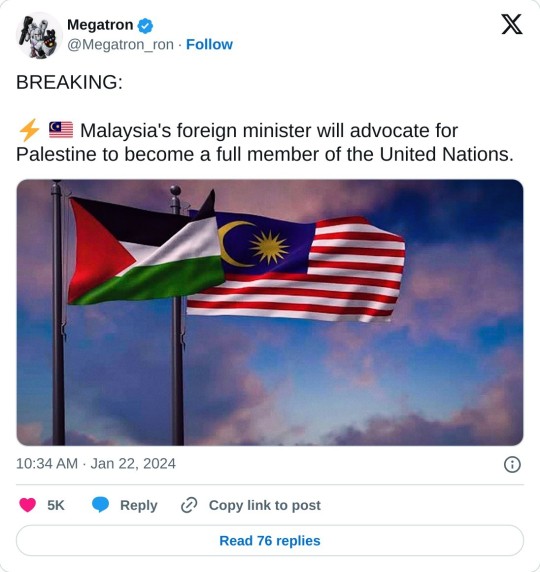
[SOURCE]
#yemen#jerusalem#tel aviv#current events#palestine#free palestine#gaza#free gaza#news on gaza#palestine news#news update#war news#war on gaza#malaysia#united nations
4K notes
·
View notes
Text
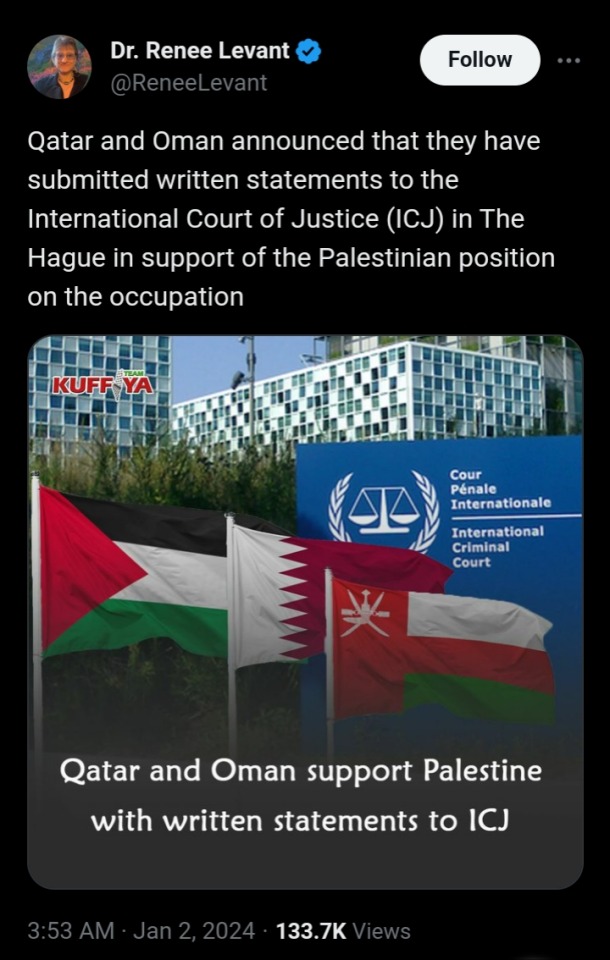
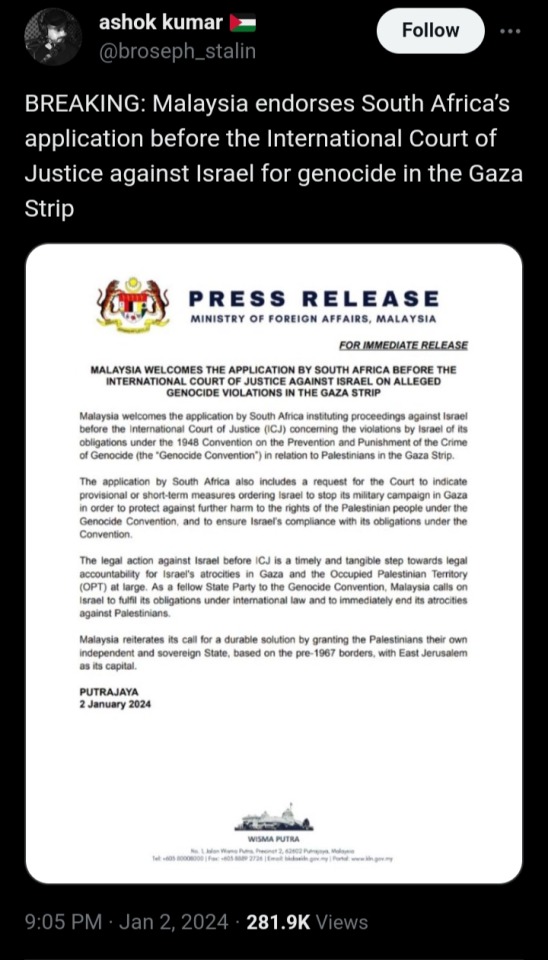
Following the footsteps of South Africa; Qatar, Oman, Malaysia have submitted statements in ICJ too.
Thank you South Africa for taking the first step.
#palestine#free palestine#gaza#free gaza#international court of justice#south africa#qatar#oman#malaysia#save palestine#israel is a terrorist state#genocide#keep talking about palestine#palestine resources#social justice#jerusalem#yemen#al quds#world politics#happy new year
4K notes
·
View notes
Text
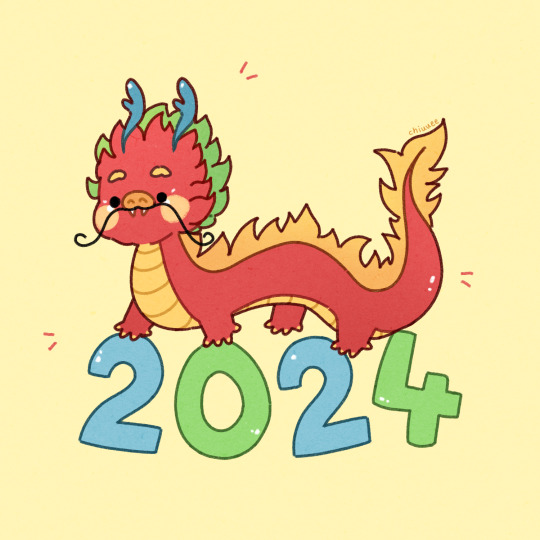
🧧happy cny!! 🐉
#year of the dragon#chinese new year#lunar new year#cny#cny2024#chinese dragon#my art#illustration#art#im actually celebrating in Malaysia this yr w my mums fam!!!
2K notes
·
View notes
Link
Prime Minister Anwar Ibrahim’s cabinet has agreed to amend the constitution so children born to Malaysian mothers with foreign fathers can be granted citizenship, a right thus far only granted to Malaysian fathers, a ministerial statement said Saturday.
1 note
·
View note
Text
"When Ghana’s parliament voted to decriminalise suicide and attempted suicide in March, Prof Joseph Osafo felt a weight lift from his shoulders.
Osafo, head of psychology at the University of Ghana, had been engaged in a near 20-year battle to abolish the law – brought in by the British – which stated that anyone who attempts suicide should face imprisonment or a fine.
“It was a very good feeling. I felt like a certain burden had been removed. I was extremely elated,” he remembers. “Then the next morning, I realised we had a lot of work to do.”
Four countries decriminalised suicide in just the past year
Ghana is one of four countries to have decriminalised suicide in the past year – Malaysia, Guyana and Pakistan are the others. More could soon follow, which campaigners say is a sign of greater awareness and understanding of mental health. Kenya and Uganda have filed petitions to overturn laws and members of the UN group of Small Island Developing States have committed to decriminalise. Discussions are also being held in Nigeria and Bangladesh.
“There seems to be a domino effect taking place,” says Muhammad Ali Hasnain, a barrister from United for Global Mental Health, a group calling for decriminalisation. “As one country decriminalises suicide, others start to follow suit.”
“It is quite unusual,” adds Sarah Kline, the organisation’s chief executive. “It’s a huge sign of progress and an important step forward for the populations most at risk, as well as the countries as a whole.” ...
A large number of laws were introduced by the British during colonial rule. Suicide was decriminalised in England, Wales and Northern Ireland in the 1960s – it was never criminalised in Scotland...
The results of these punishments can be “devastating” and present “a huge barrier” to addressing the problem, says Natalie Drew, a technical officer with the mental health policy and service development team at the World Health Organization. Health experts and advocates argue that suicide should be treated as a public health issue rather than a crime.
Criminalising suicide denies people the right to access health services and discriminates against them because of something they’re experiencing, Drew adds. Research shows that in countries where suicide has been decriminalised, people can seek help for mental health and rates tend to then decline.
Next Steps
In September, the WHO is due to release a guide on decriminalising suicide for policymakers, with explanations of how countries have managed it...
“[Ghana’s decision] should have an impact on the work ongoing in other countries, especially in the Africa region,” says Osafo. Within the past couple of months, he has set up a mental health working group with representatives from about 20 African countries, and one of the biggest issues on the agenda is decriminalisation of suicide, he says. “Nigeria is active, Cameroon is active … Kenya has joined and is doing fantastic work. We have Uganda. People have been asking us how we did it.”
Since suicide was decriminalised in Malaysia last month, Anita Abu Bakar, founder and president of the Mental Illness Awareness and Support Association (Miasa), has already seen things change. Crisis response teams and helplines are expanding, and money from the mental health budget is being given to organisations who work in the community. “This is the shift we’re so happy to see,” she says. “It was such an archaic law.”
She adds: “I’m a person with lived experience. What does decriminalisation mean to people like me? We feel supported, we feel this conversation can go to a different level. Obviously decriminalisation is not the only way to prevent suicide, but it’s a big one. I’m happy for this progressive move – better late than never. I’m excited to see what happens next, not just for Malaysia but for the rest of us.”"
-via The Guardian, July 20, 2023
#cw suicide#cw sui mention#ghana#malaysia#guyana#pakistan#nigeria#kenya#uganda#cameroon#mental health#mental illness#healthcare access#decriminalization#england#colonialism#good news#cw sui attempt#suicide
393 notes
·
View notes
Text

Haji Mohamad bin Haji Hasan, Defence Minister of Malaysia, has called for an immediate ceasefire
#free gaza#free palestine#gaza strip#irish solidarity with palestine#palestine#gaza#news on gaza#al jazeera#boycott israel#israel#Jerusalem#Haji Mohamad bin Haji Hasan#Malaysia
63 notes
·
View notes
Text

Happy Lunar New Year 🐲 from 🇲🇾
新年快乐! 恭喜发财

Found both cheongsams in KL


龍年快樂 大吉大利 🐉


#Malaysia#cny#lunar new year#year of the dragon#sarah àlainn#サラ・オレイン#sarah alainn#サラスタイル#cheongsam#China dress#チャイナドレス#マレーシア#kl#kualalumpur
35 notes
·
View notes
Text

Asia Zebracka photographed by Jakub Kierzkowski for L'Officiel Malaysia November 2023
#l'officiel malaysia#l'officiel#l'officiel magazine#new bottega#bottega veneta#matthieu blazy#fashion editorial#fashion photography#minimal fashion#fashion#style#editorial#fashion magazine
42 notes
·
View notes
Text
Singapore Orders Israel Embassy to Delete ‘Inappropriate’ Social Media Post | TIME
#time magazine#us news#us news source#united states news#Singapore#malaysia#palestine#free palestine#free gaza#gaza#israel
19 notes
·
View notes
Text
i know places + gojo is making me have THOUGHTS
#running away with him 😭 pls#i just want him to grab all the students and nanami and run away to malaysia together#also idk ab all of you but the way she literally screams ‘and we RUN’#in the rerelease seemed so real and so intense omg#[—augustinechats]#<< new tag to block if my rambling annoys you 😭#cause i’ve realized i talk a lot i’m so sorry 😭😭😭
31 notes
·
View notes
Text




El baile del león marino: Un acuario de la ciudad malaya de Kuala Lumpur conmemoró el Año Nuevo Lunar realizando la danza del león en uno de sus tanques marinos el pasado domingo 4 de febrero. [x]
13 notes
·
View notes
Text
Several countries commemorated Al Quds Day, an international day to express support for Palestine and oppose the Israeli occupation.




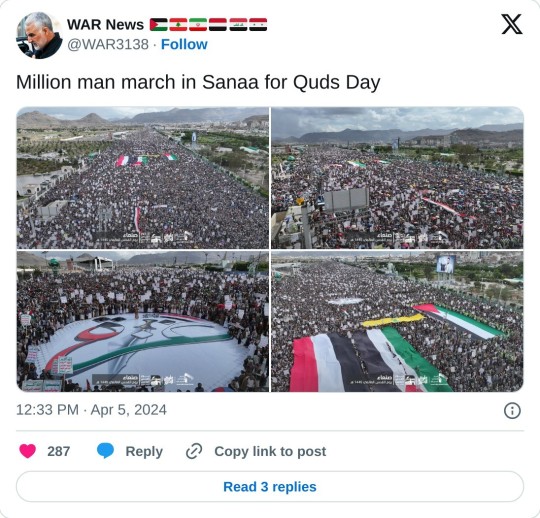

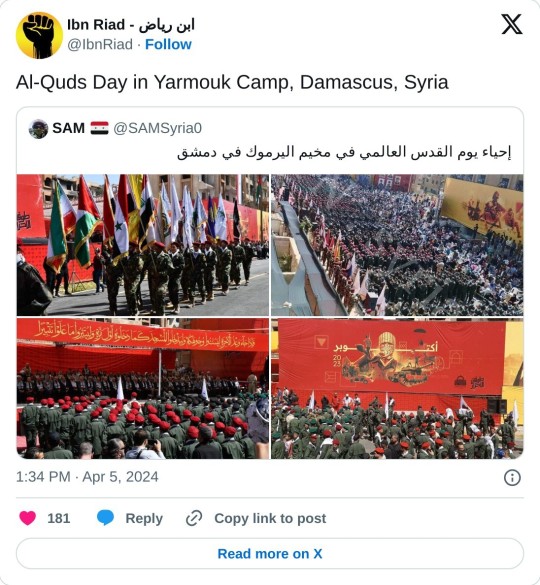
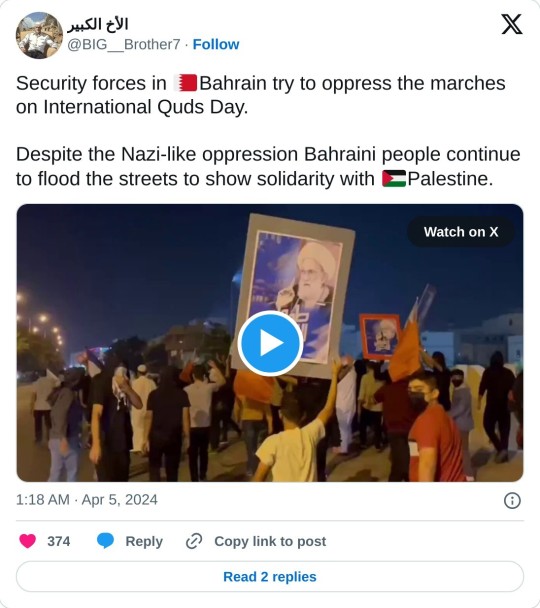


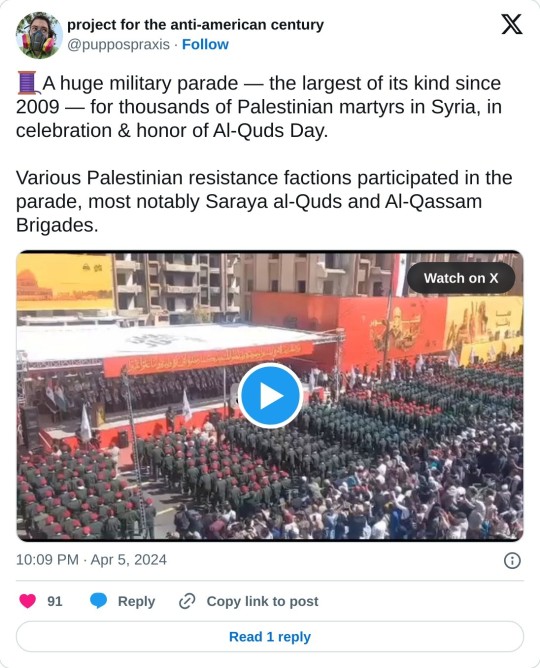


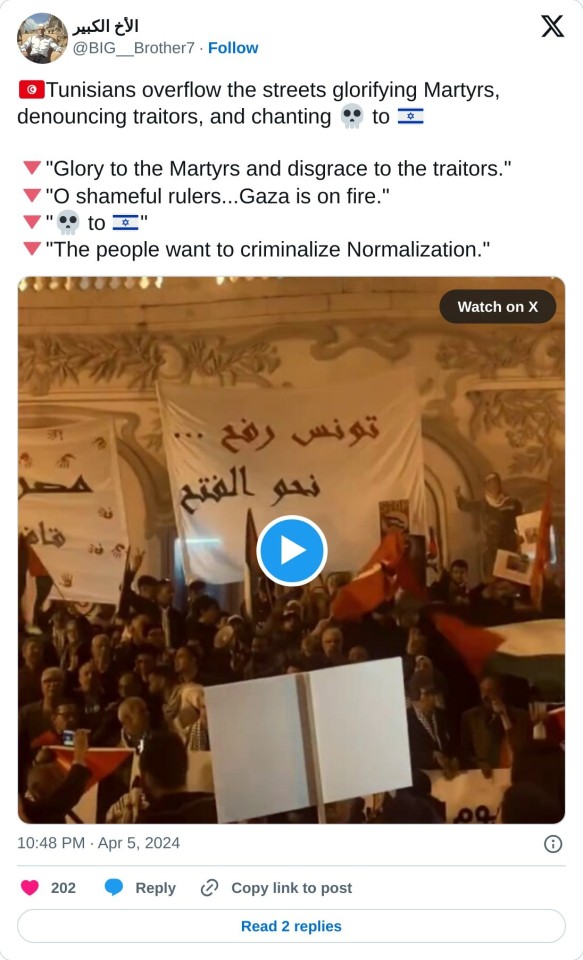

#yemen#jerusalem#palestine#free palestine#gaza#free gaza#news on gaza#palestine news#news update#war on gaza#al quds day#iran#tunisia#india#tanzania#bahrain#jordan#syria#indonesia#malaysia#shut it down for palestine#long post
1K notes
·
View notes
Text
47 notes
·
View notes
Text
"King Charles diagnosed with cancer"
All the countries they invaded in past:

#british royal family#british royalty#colonization#india#ireland#australia#new zealand#sudan#malaysia#zimbabwe#burma#south africa#egypt#nigeria#palestine#iraq#hong kong#fiji#i dont know all countries#twitter trends#twitter post#world politics#trending#short live the king
11 notes
·
View notes
Text
"As countries around the world begin to either propose or enforce zero-deforestation regulations, companies are coming under growing pressure to prove that their products are free of deforestation. But this is often a far from straightforward process.
Take palm oil, for instance. Its journey from plantations, most likely in Indonesia or Malaysia, to store shelves in the form of shampoo, cookies or a plethora of other goods, is a long and convoluted one. In fact, the cooking oil or cosmetics we use might contain palm oil processed in several different mills, which in turn may have bought the raw palm fruit from several of the many thousands of plantations. For companies that use palm oil in their products, tracing and tracking its origins through these obscure supply chains is a tough task. Often it requires going all the way back to the plot level and checking for deforestation. However, these plots are scattered over vast areas across potentially millions of locations, with data being in various states of digitization and completeness...
Palmoil.io, a web-based monitoring platform that Bottrill launched, is attempting to help palm oil companies get around this hurdle. Its PlotCheck tool allows companies to upload plot boundaries and check for deforestation without any of the data being stored in their system. In the absence of an extensive global map of oil palm plots, the tool was developed to enable companies to prove compliance with regulations without having to publicly disclose detailed data on their plots. PlotCheck now spans 13 countries including Indonesia and Malaysia, and aims to include more in the coming months.
Palm oil production is a major driver of deforestation in Indonesia and Malaysia, although deforestation rates linked to it have declined in recent years. While efforts to trace illegally sourced palm oil have ramped up in recent years, tracing it back to the source continues to be a challenge owing to the complex supply chains involved.
Recent regulatory proposals have, however, made it imperative for companies to find a way to prove that their products are free of deforestation. Last June, the European Union passed legislation that prohibits companies from sourcing products, including palm oil, from land deforested after 2020. A similar law putting the onus on businesses to prove that their commodities weren’t produced on deforested land is also under discussion in the U.K. In the U.S., the U.S. Forest Bill aims to work toward a similar goal, while states like New York are also discussing legislation to discourage products produced on deforested land from being circulated in the markets there...
PlotCheck, which is now in its beta testing phase, allows users to input the plot data in the form of a shape file. Companies can get this data from palm oil producers. The plot data is then checked and analyzed with the aid of publicly available deforestation data, such as RADD (Radar for Detecting Deforestation) alerts that are based on data from the Sentinel-1 satellite network and from NASA’s Landsat satellites. The tool also uses data available on annual tree cover loss and greenhouse gas emission from plantations.
Following the analysis, the tool displays an interactive online map that indicates where deforestation has occurred within the plot boundaries. It also shows details on historical deforestation in the plot as well as data on nearby mills. If deforestation is detected, users have the option of requesting the team to cross-check the data and determine if it was indeed caused by oil palm cultivation, and not logging for artisanal mining or growing other crops. “You could then follow up with your supplier and say there is a potential red flag,” Bottrill said.
As he waits to receive feedback from users, Bottrill said he’s trying to determine how to better integrate PlotCheck into the workflow of companies that might use the tool. “How can we take this information, verify it quickly and turn it into a due diligence statement?” he said. “The output is going to be a statement, which companies can submit to authorities to prove that their shipment is deforestation-free.” ...
Will PlotCheck work seamlessly? That’s something Bottrill said he’s cautiously optimistic about. He said he’s aware of the potential challenges with regard to data security and privacy. However, he said, given how zero-deforestation legislation like that in the EU are unprecedented in their scope, companies will need to sit up and take action to monitor deforestation linked to their products.
“My perspective is we should use the great information produced by universities, research institutes, watchdog groups and other entities. Plus, open-source code allows us to do things quickly and pretty inexpensively,” he said. “So I am positive that it can be done.”"
-via Mongabay, January 26, 2024
--
Note: I know it's not "stop having palm oil plantations." (A plan I'm in support of...monocrop plantations are always bad, and if palm oil production continues, it would be much better to produce it using sustainable agroforestry techniques.)
However, this is seriously a potentially huge step/tool. Since the EU's deforestation regulations passed, along with other whole-supply-chain regulations, people have been really worried about how the heck we're going to enforce them. This is the sort of tool we need/need the industry to have to have a chance of genuinely making those regulations actually work. Which, if it does work, it could be huge.
It's also a great model for how to build supply chain monitoring for other supply chain regulations, like the EU's recent ban on companies destroying unsold clothes.
#deforestation#palm oil#indonesia#malaysia#agriculture#european union#united states#save the forest#open source#technology#mapping#forestry#satellite#good news#hope#climate solutions#environment
121 notes
·
View notes